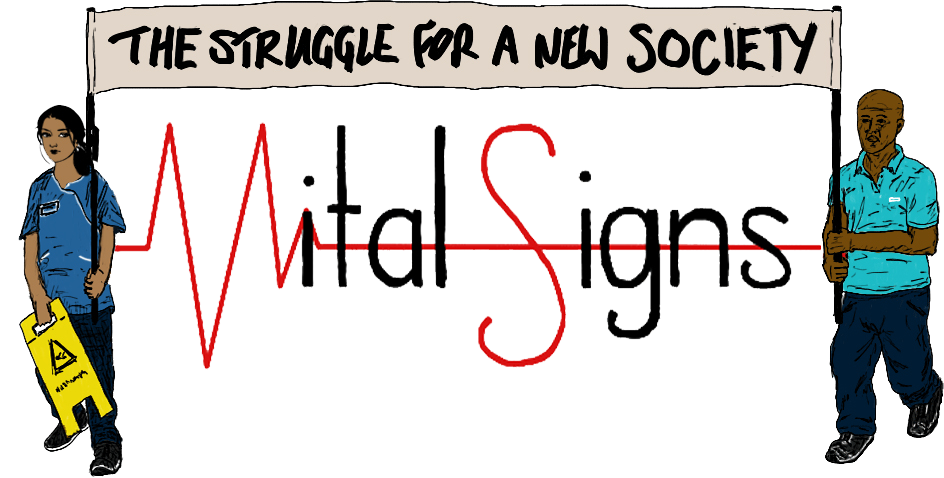The picket in front of the Bristol Royal Infirmary was sunny and lively, with about 40 resident doctors and supporters present. Like during the last BMA strike it was decided by the union where pickets would be held, in order to bring a bigger mass of people together. This meant that there were resident doctors from Yeovil, Southmead hospital and smaller local clinics present. You can read an interview and an analysis of the last round of BMA strikes here.
A rushed strike?
A resident doctor friend felt that the BMA might have rushed into the strike, that the government has withdrawn the promise of pay restoration and that this time round the strike will be tougher. It’s a shame that the BMA strike comes at a point where we don’t know yet whether other NHS workers who are members of other unions will vote to strike, or not. Currently it looks unlikely that the unions will encourage enough of their members to vote for industrial action, which means that with current inflation levels we look at another real wage cut for the wider NHS workforce.
Deserving more than others?
The question is if the resident doctors feel that they have a better chance of getting a pay increase if they link their struggle with the struggle of the general NHS workforce – or, as it often seems, if they emphasise that they, as doctors, deserve more than others (see the picture of a sign of one of the strikers). In general, the union seems to have told members to push the slogan that resident doctors deserve “more than their assistants”, meaning, physician assistants. We reckon that this will undermine the future unity of health workers and it will make it easy for the government and the media to portray the resident doctors as a “greedy and privileged profession”. At the same time, resident doctors have disadvantages compared to other NHS workers, e.g. there is no automatic pay progression through seniority. We have to question the wage divisions from below.

The impact of the strike
At Southmead hospital elective surgeries have largely been cancelled and some people have been sent to work in trauma. Management also encourages workers to take annual leave, as they only need so many people to do some extra cleaning or restocking. During the last round of strikes we, as the wider health workforce, only noticed the strike through cancellations. The strikers themselves remained invisible within the hospital, there were no direct conversations about the strike. It would be good to change that and do ‘ward rounds’ to inform everyone about the strike and its aims.




